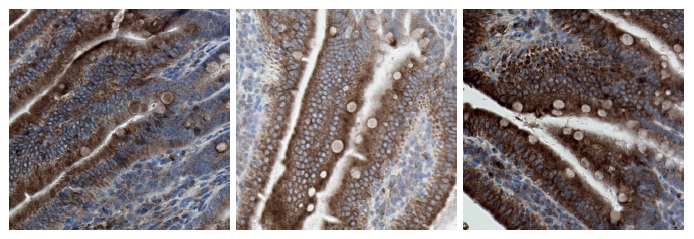
Flavin-containing monooxygenases, genetics, drugs and the microbiome
The flavin-containing monooxygenases (FMOs) family are proteins whose action make it possible for an organism to survive exposure to foreign chemicals e.g. therapeutic drugs, environmental pollutants, dietary components and plant products. FMOs respond to the presence of these chemicals by metabolising them to allow their clearance from the body. Using knockout models we have identified key roles for FMOs not only in drug and foreign chemical metabolism but also in energy metabolism, metabolic ageing and in interactions with the gut microbiome. FMO5 for example, acts as a microbial sensor. FMOs therefore play key roles in both xenobiotic and endogenous metabolism. The biochemical consequences of genetic variation within the FMO family for human health is of particular interest.
Of special interest is the genetic disorder primary trimethylaminuria, which arises because bacteria in the gut break down some dietary constituents and in the process release trimethylamine. Mutations in the FMO3 gene prevent conversion of odorous trimethylamine to its non-odorous N-oxide. The disorder manifests in the excretion of large amounts of trimethylamine in the breath, sweat and urine.

Selected publications
